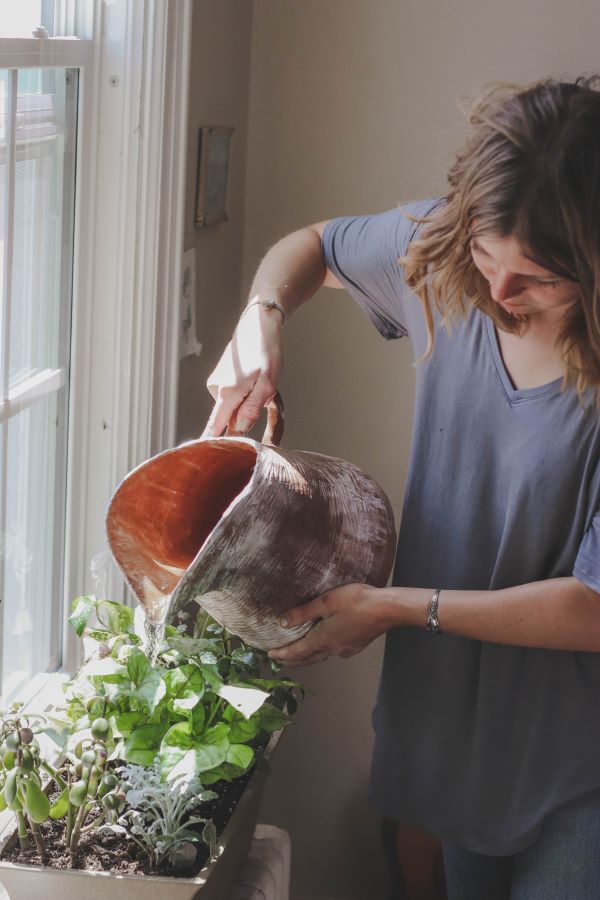
This article was written by Dr Michelle Ní Raghallaigh, Sleep Specialist and Neuroscientist PhD.
1. I don’t recommend going to bed early
Many people with insomnia understandably think they should be going to bed early, in an attempt to ‘capture’ as much sleep as possible. Unfortunately, this can actually make insomnia worse, by creating an unconscious association between being in bed and being awake. It’s much better to go to bed when feeling sleepy, rather than going to bed at an arbitrary time.
2. I don’t advocate cutting out life’s pleasures e.g., coffee or a glass of wine
Let’s face it, going through chronic insomnia is hard enough, without having to deprive yourself of life’s pleasures! In any case, coffee and alcohol in moderation do not actually cause chronic insomnia, therefore cutting them entirely out won’t solve it either. Keep them to sensible times of the day (before midday for coffee and 2-3 hours before bed for wine), but you can still enjoy a nice glass of wine or coffee.
3. I don’t necessarily recommend ‘sleep restriction’ i.e., a short sleep window
Some information about CBTI centres on the ‘sleep restriction’ component, which very understandably puts people off! However, CBTI does not necessarily advocate this for every person with chronic insomnia. Instead, I provide a range of individualised options, including a much more gentle, incremental method to achieve the same end result i.e., better sleep.
4. You don’t need to come off sleep medication before working with me
Many people with chronic insomnia try to cope with their difficulty by taking sleep medications. When considering seeking insomnia therapy, they worry they will have to come off their sleep medication beforehand. Instead, this is a conversation we have at the beginning of therapy where I will be guided by you and your wishes. If you wish to come off your sleep medication, I can help provide support for the tapering process in conjunction with your G.P.
5. By the end of your time working with me, I don’t want you to be thinking about your sleep!
This likely sounds counterintuitive! Especially when we’re always talking about sleep while working together! However, one of the factors that fuels insomnia into the long term is ruminating about sleep and focusing attention on it. Unfortunately, this rumination and effort heap a lot of pressure on our sleep, and because sleep is a passive, automatic process, the more pressure we put on our sleep, the more elusive it becomes. As you are guided through your insomnia recovery with me, I will help reframe your thinking about sleep and help shift the perspective away from an intense focus on controlling your sleep.
Think of it this way. If we ask a ‘good’ sleeper, how they get to sleep, they will likely just shrug their shoulders and say they’ve no idea, they don’t give it any thought at all, they just sleep! This is exactly the kind of effortless relationship I aim for you to develop with your sleep by the end of your time working with me.
For compassionate, science-led support for your sleep and insomnia, get in touch here.
Image credit: CassidyPhillips/Unsplash
